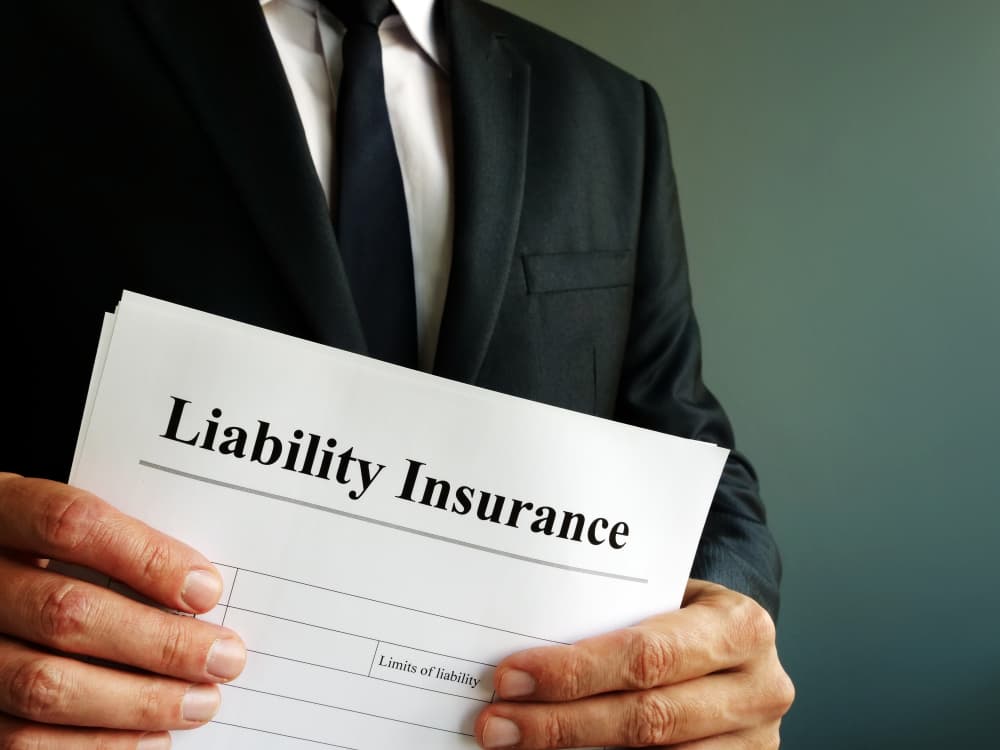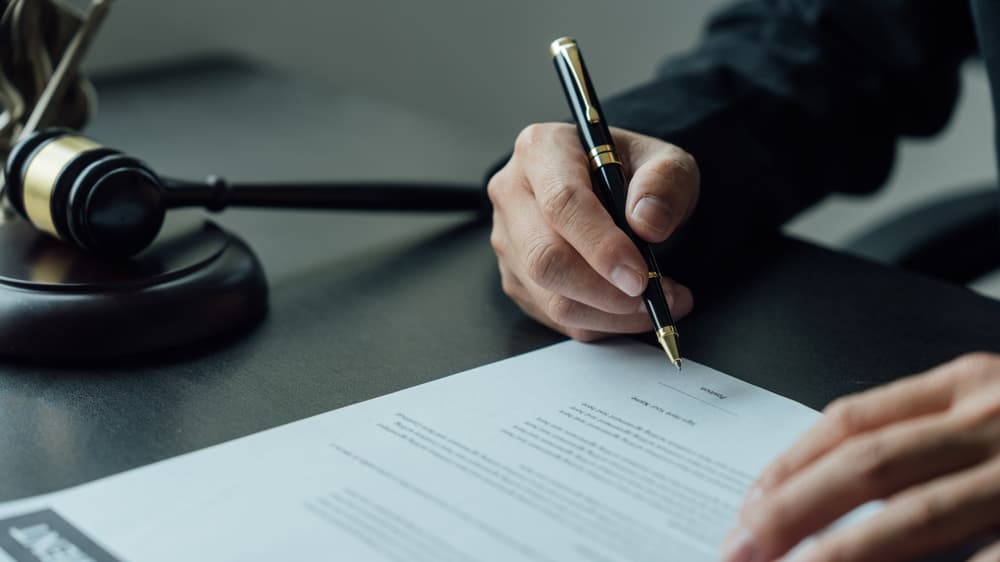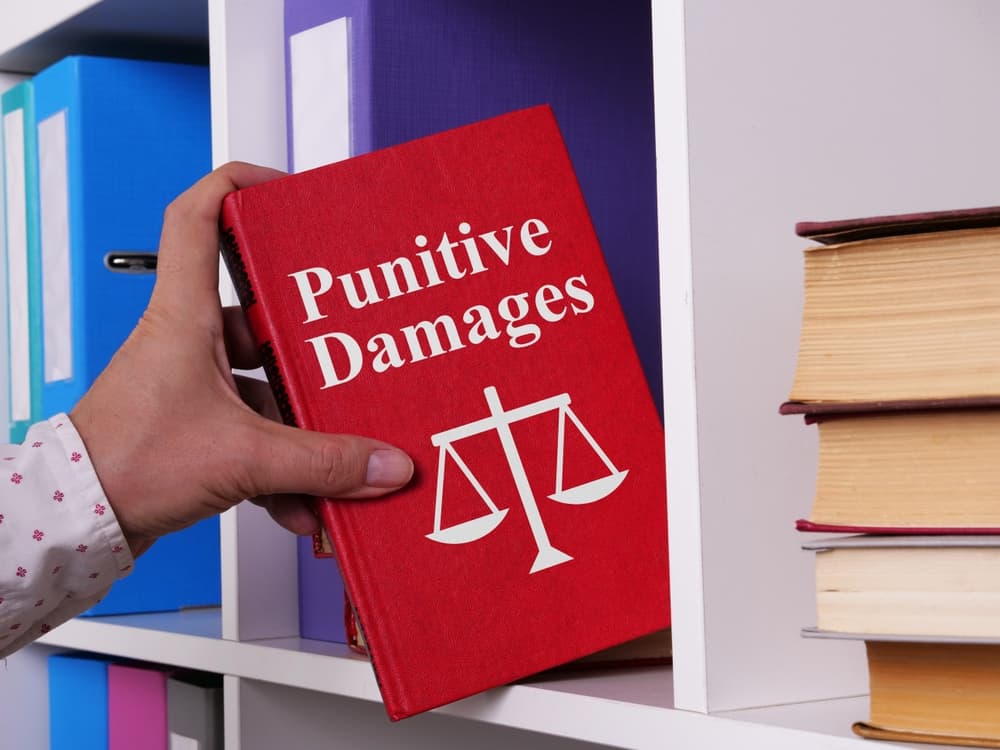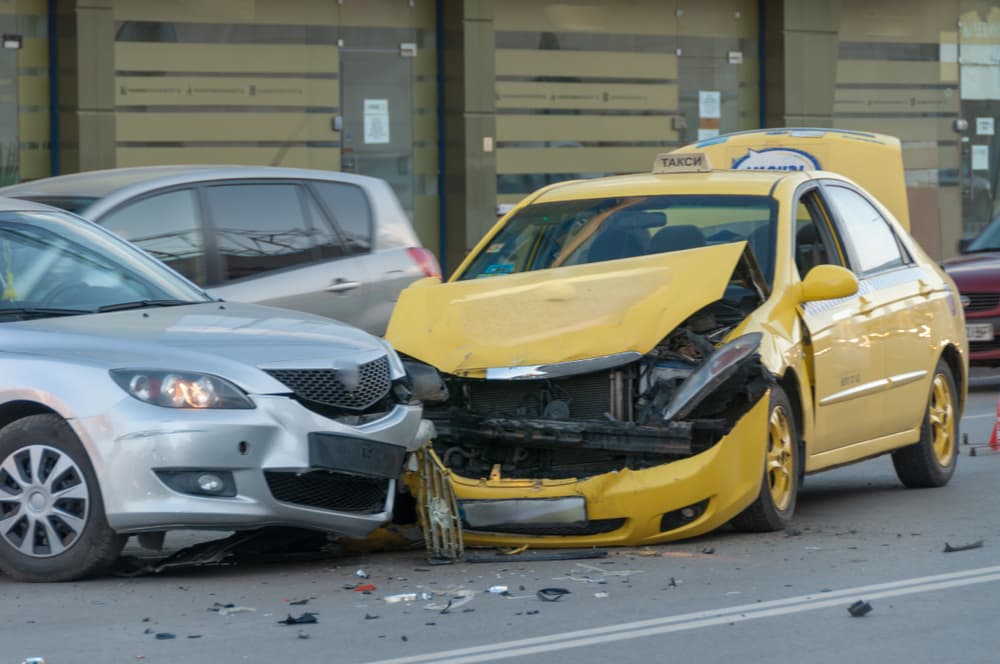Ridesharing services like Uber and Lyft have become increasingly popular in recent years, offering a convenient and affordable alternative to traditional taxis.
However, accidents involving Uber and Lyft vehicles can still happen, leaving passengers, drivers, and other road users injured and facing significant financial losses.
If you find yourself in this situation, you may wonder about your legal rights and whether you can file a lawsuit to seek compensation for your damages.
An experienced car accident attorney can clarify your options and guide you through the legal process to protect your rights every step of the way.
Understanding the Legal Landscape
Before we dive into the specifics of filing a lawsuit, it’s important to understand the legal landscape surrounding Uber and Lyft accidents. These companies are classified as transportation network companies (TNCs) and are subject to regulations different from those of traditional taxi services.

Uber and Lyft typically provide three levels of insurance coverage for their drivers:
- When the driver is not logged into the app and cannot accept rides, their auto insurance policy applies.
- When the driver is logged into the app and available to accept rides but has not yet accepted a ride request, Uber and Lyft provide liability coverage. This coverage kicks in if the driver’s insurance does not apply or is too small to cover the damages.
- When the driver has already accepted a ride request and is on the way to pick up or transport the passenger, Lyft and Uber provide more coverage. It typically includes up to one million dollars in liability per accident.
These insurance policies cover the driver’s liability to third parties, such as passengers or other road users. If you’re an Uber or Lyft vehicle passenger injured in an accident, the company’s insurance policy may cover you.
However, if you are a driver or a third party, you may need to rely on your insurance coverage or file a lawsuit to seek compensation for your damages.
Determining Liability in an Uber or Lyft Accident
To successfully file a lawsuit after an Uber or Lyft accident, you must determine who is liable for your injuries and damages. This can involve multiple parties, including the Uber or Lyft driver, the ridesharing company, and other motorists or pedestrians.
Generally, liability in an Uber or Lyft accident will depend on the case’s circumstances. Some common scenarios include:
The Uber or Lyft Driver is at Fault
If the driver’s negligence caused the accident, such as speeding, running a red light, or driving while distracted, they may need to pay for your damages. Depending on the driver’s status during the accident, you can file a claim against the driver’s personal or ridesharing company’s insurance policy.
Another Motorist is At Fault
If another driver caused the accident, such as by rear-ending the Uber or Lyft vehicle, you can file a claim against that driver’s insurance policy. Your car accident lawyer will guide you through this process, ensuring that you pursue the compensation you deserve for your injuries and losses.
The Ridesharing Company is At Fault
In rare cases, the ridesharing company may be liable for an accident, such as if it failed to properly screen or train its drivers or allowed a driver with a known history of reckless behavior to continue operating on the platform.
To determine liability in your case, you’ll need to gather evidence from the accident scene, including photos of the damage, witness statements, and police reports. You may also need to consult an experienced car accident attorney who can investigate the accident and build a strong compensation case.
Filing a Lawsuit: The Process
If you suffered an injury in an Uber or Lyft accident and have a valid legal claim, the next step is to file a lawsuit.
Here’s a general overview of the steps involved in filing a lawsuit after an Uber or Lyft accident:
Consult a Car Accident Lawyer
The first step is to consult an experienced car accident attorney who has handled cases involving ridesharing accidents. During the consultation, you’ll discuss the details of your case, and the attorney will advise you on your legal options and the best course of action.
Investigate the Accident
Your attorney will conduct a thorough investigation of the accident. Your attorney can guide you in collecting witness statements, medical records, and police reports. They may also work with accident reconstructionists to determine the cause of the accident and establish liability.
File a Complaint

Once your car accident lawyer has gathered sufficient evidence to support your claim, they will file a complaint with the appropriate court, outlining the facts of the case, the involved parties, and the legal basis for your claim. This initiates the formal legal process and sets the stage for further proceedings in your case.
Serving the Defendant
After filing the complaint, your attorney will serve copies of the complaint and a summons on the defendant, which may be the Uber or Lyft driver, the ridesharing company, or another party involved in the accident.
Await a Response
After the complaint, the defendant will have time to respond, typically by filing an answer or a motion to dismiss. Stay informed about these proceedings and work closely with your attorney to navigate the legal process effectively. Your attorney can guide you on proceeding based on the defendant’s response and work diligently to protect your interests throughout the case.
Discovery
If the case proceeds, both sides will engage in discovery, exchanging information and evidence relevant to the case. This may involve depositions, interrogatories, and requests for documents.
Attempt to Settle
Many Uber and Lyft accident cases resolve through settlement negotiations, in which the parties agree to a mutually acceptable resolution without going to trial.
Your attorney will work to negotiate a fair settlement on your behalf, considering the full extent of your damages, including medical expenses, lost income, and pain and suffering.
Go to Trial
If parties cannot settle, the case may proceed to trial, where a judge or jury will hear evidence and arguments from both sides and render a decision. Your attorney will represent you throughout the trial, presenting evidence and making legal arguments.
The timeline for a lawsuit can vary widely depending on the case’s complexity and the jurisdiction where it proceeds. Some cases may resolve within a few months, while others may take years. Your car accident lawyer can give you a more specific estimate based on the facts of your case.
Damages in an Uber or Lyft Accident Lawsuit
If you’re considering filing a lawsuit after an Uber or Lyft accident, one of your primary concerns may be the types of damages you can recover. Damages in a personal injury lawsuit aim to compensate you for the losses incurred due to the accident, encompassing economic and non-economic aspects.
Some common types of damages in an Uber or Lyft accident lawsuit may include:
Medical Expenses

One of the primary types of damages you can recover in an Uber or Lyft accident lawsuit is compensation for your medical expenses.
This includes all costs related to the treatment of your injuries, such as:
- Emergency room visits
- Ambulance transportation
- Hospital stays
- Surgeries
- Diagnostic tests (e.g., X-rays, MRIs)
- Medication
- Physical therapy and rehabilitation
- Medical equipment (e.g., crutches, wheelchairs)
- In-home care services
Keep detailed medical expense records, including bills, receipts, and insurance statements. Your attorney will use this documentation to establish your damages and pursue full compensation on your behalf.
In addition to your current medical expenses, you can also recover compensation for future medical costs related to the accident. This is particularly important if you have suffered a severe or permanent injury that will require ongoing treatment or care.
Your attorney may work with medical professionals to estimate the cost of your future medical needs and include this in your claim for damages.
Lost Income
Losing income is another significant damage in an Uber or Lyft accident lawsuit. If your injuries stop you from working, you can recover pay for your lost income.
Lost income damages can include:
- Income lost while you were recovering from your injuries
- Income lost due to medical appointments or treatment
- Bonuses, commissions, or other income you may have earned
- Benefits, such as health insurance or retirement contributions
- Future lost earning capacity if your injuries have impacted your ability to work in the future
You must provide documentation such as pay stubs, tax returns, and employer statements to prove your lost income damages. Your attorney may also work with economic professionals to calculate the full extent of your lost earning capacity, considering factors such as age, education, and work experience.
Pain and Suffering
In addition to economic damages like medical expenses and lost income, you can also recover non-economic damages for your pain and suffering from the Uber or Lyft accident. Pain and suffering damages compensate you for the physical pain, emotional distress, and the overall impact the accident has had on your quality of life.
Some examples of pain and suffering damages may include:
- Physical pain and discomfort
- Emotional trauma, such as anxiety, depression, or post-traumatic stress disorder (PTSD)
- Loss of enjoyment of life
- Disfigurement or scarring
- Loss of companionship or consortium (in cases involving the death of a loved one)
Pain and suffering damages can be more difficult to quantify than economic damages, as no clear monetary value is associated with these losses.
However, your attorney will work to gather evidence of the extent of your pain and suffering, such as medical records, mental health evaluations, and testimony from family and friends, to support your claim for non-economic damages.
Punitive Damages

In rare cases, you can recover punitive damages in an Uber or Lyft accident lawsuit. Compensatory damages pay you for your losses. Punitive damages punish the defendant. They punish them for very negligent or reckless behavior and to stop others from doing the same.
To be eligible for punitive damages, you must show that the defendant acted with malice, oppression, or fraud. This may include cases where the Uber or Lyft driver was under the influence of drugs or alcohol, engaged in excessive speeding or other reckless driving behaviors, or intentionally caused harm.
Punitive damages are awarded at the court’s discretion and unavailable in all cases. Your attorney can advise you on whether punitive damages may be appropriate in your specific situation and guide you in building a case to support this award.
Contact a Car Accident Lawyer
Being involved in an Uber or Lyft accident can be a traumatic and overwhelming experience, but you don’t have to face the legal process alone. An experienced car accident attorney can protect your rights and pursue the compensation you deserve for your injuries and losses.
If you’ve suffered an injury in an Uber/Lyft accident, don’t wait a second longer to seek legal advice as soon as possible. An attorney can guide you through the complex legal landscape surrounding ridesharing accidents and advocate for your interests every step of the way.
Filing a lawsuit is just one option after an Uber or Lyft accident. Depending on the circumstances of your case, your attorney can also aid in seeking a settlement with a ridesharing company or a driver’s insurance company.
The most important thing is to take action to protect your rights and seek the compensation you need to move forward with your life. After an Uber or Lyft accident, contact an experienced car accident attorney today to discuss your case and explore your legal options.
With the right legal representation, you can hold the responsible parties accountable and pursue the compensation you deserve for your injuries and losses.
Don’t allow an Uber or Lyft accident to disrupt your life – act now and seek the assistance you need to move forward with confidence and peace of mind. A skilled personal injury attorney can guide you through the complexities of the legal process and advocate for your rights every step of the way.
 Calls Answered 24/7
Calls Answered 24/7









